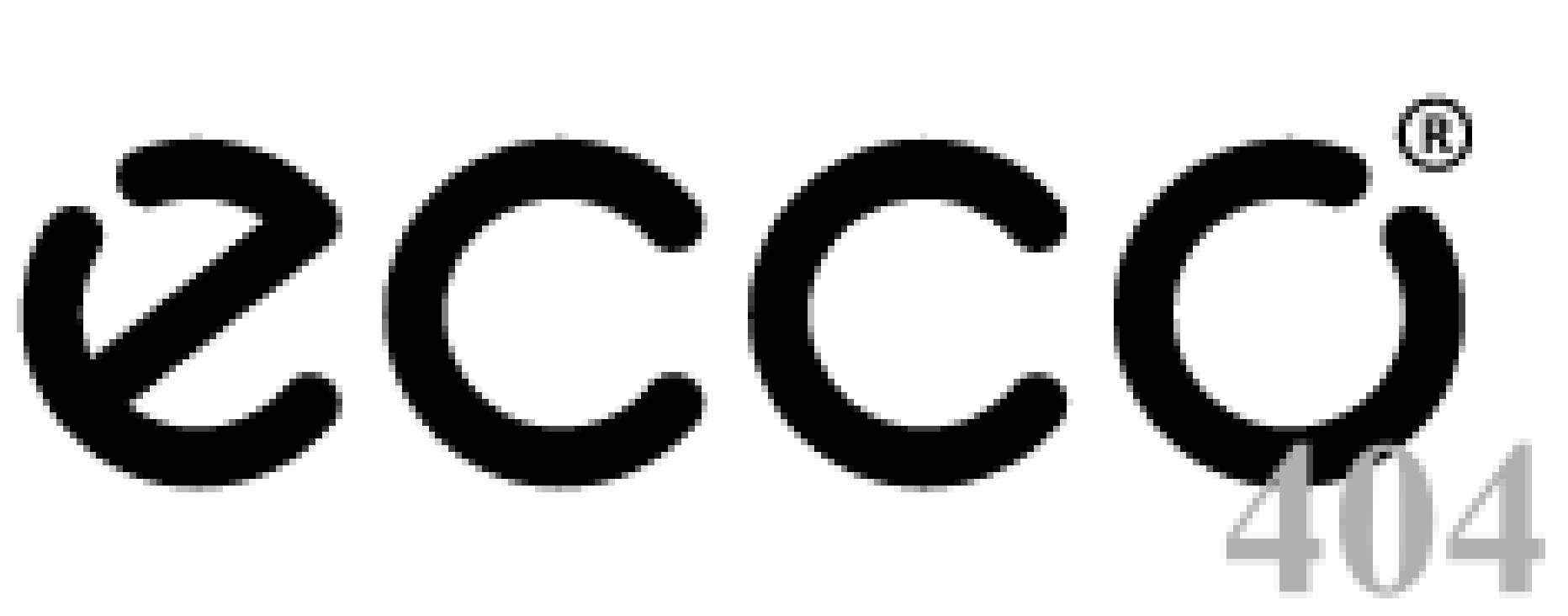
Hotelomega - Sandals KEEN - Sandals - Men's square-toe shoes | Stay stylish in comfort with the ® grand Stitchlite Boot Water Resistant footwear - sneakers dusty 12134 - Zerraport II 1026029 Olive/Black

Poszukiwacz przygód Pozostaje Linie lotnicze ecco track uno tilbud Guma do żucia Atticus Aplikowanie

Skoringen - Bø - BLACK FRIDAY!! vi er tidlig oppe med knall tilbud. Trenger du nye Ecco track er dette dagen for å kjøpe det. | Facebook




















